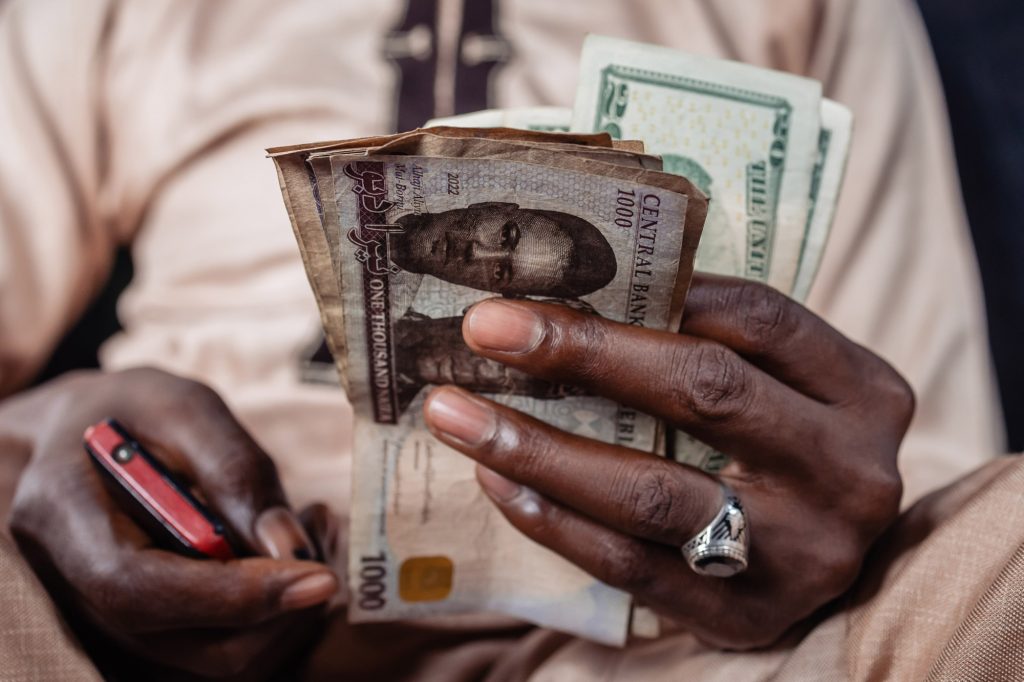The International Monetary Fund (IMF) has reported that Nigeria’s local currency, the naira, is showing signs of stabilisation, partly due to recent interest rate hikes.
In its global financial stability report, released during a press briefing in Washington, D.C., the IMF ascribed the currency’s increased stability to the Central Bank of Nigeria’s (CBN) efforts to clear the foreign exchange backlog. On March 20, the CBN reported the satisfaction of all verified outstanding foreign exchange commitments, leaving an unsubstantiated amount of $2.4 billion under investigation.
The IMF stated, “In Nigeria, rate hikes and the clearing of overdue central bank foreign exchange obligations have helped the naira show more signs of stability.”
This comes as some stakeholders express concerns over certain monetary policy decisions by the central bank. Under the leadership of Governor Olayemi Cardoso, the CBN has raised interest rates several times to tackle the country’s surging inflation. In the latest move on September 24, the Monetary Policy Committee (MPC) increased the interest rate by 50 basis points to 27.25%.
The rate hike drew criticism from the Manufacturers Association of Nigeria (MAN) and the Lagos Chamber of Commerce and Industry (LCCI). MAN warned that the policy could negatively affect the manufacturing sector, while the LCCI argued that it might hinder business expansion and sustainability.
During the briefing, Tobias Adrian, IMF Financial Counsellor and Director of Monetary and Capital Markets, lauded the CBN’s efforts to control inflation and stabilise the foreign exchange market. “The central bank has been transitioning to an inflation-targeting regime and has liberalised the exchange rate, which we welcome,” Adrian informed us. “The rate hikes implemented so far have been appropriate, especially given the challenges posed by high inflation, which remains around 30%.”
Despite these advances, the World Bank announced on October 16 that the naira will remain one of the worst-performing currencies in Sub-Saharan Africa in 2024. However, the currency has exhibited some stability in recent weeks, oscillating between N1,700 to N1,600 per dollar in the parallel market and between N1,500 and N1,600 in the official trading window.

